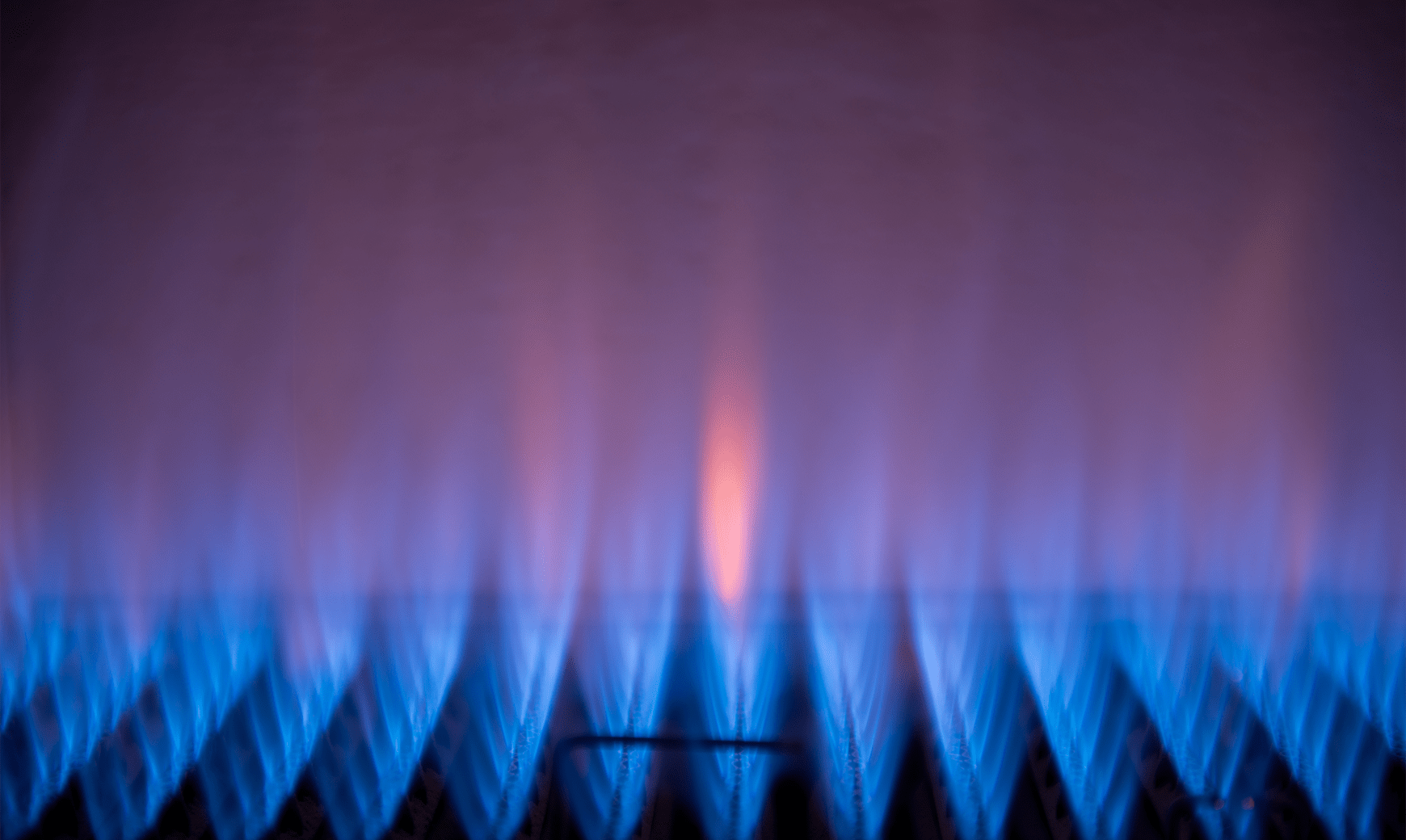State and federal governments have shifted into high gear to establish new energy efficiency standards for a wide array of appliances, and manufacturers and consumers would be wise to stay abreast of government efforts to revise these standards. While energy efficiency is viewed widely as a “mom-and-apple-pie” tool with which to address climate change, higher efficiencies can limit consumer choice and prove to be expensive and cost-prohibitive for manufacturers and consumers alike. The devil really is in the details.
Several states are seeking to cut carbon emissions aggressively and using energy efficiency to support those goals. New Jersey has a Clean Energy Program with the most robust rebate and incentive program in the nation to go with its net zero greenhouse gas emissions goal set for 2050. New state laws passed last year in Maine, Massachusetts, Nevada, Oregon, and Rhode Island require minimum energy-use and water-use efficiency levels for more than 15 types of products, including air purifiers, computers, and restaurant equipment. They incentivize fuel switching from fossil-fueled appliances—“electrification.”
New Jersey also has a newly proposed rule out for comment to establish criteria for the reduction of CO2 emissions from electric generating units, commercial and industrial boilers, and two types of fuels. (DEP Docket Number: 07-21-11.) If adopted, it would make it more difficult to get a permit for a larger natural gas commercial boiler in New Jersey. The proposed rule does take into account infrastructure constraints. It calls for phasing out natural gas-fired generators and does not address residential furnaces. Comments on this proposed rule are due by March 6, 2022.
At the federal level, the Department of Energy (DOE) is required to create appliance efficiency standards for more than 70 appliances under the Energy Policy and Conservation Act, which dates to the energy shortages of the late 1970s. Consumers see evidence of these standards on the yellow energy efficiency tags on retail store displays. DOE is required to review certain appliance efficiency standards every six years generally, though many deadlines have been missed. At the end of 2021, 33 energy efficiency standards for home appliances and equipment, including gas furnaces, freezers, and clothes dryers, are overdue for updates, and as many as 30 more standards will come due by the end of 2024. Rep. Frank Pallone Jr. (D-N.J.), chairman of the House Energy and Commerce Committee, has called for these to be “finalized as fast as possible.”
In January 2022, the US Court of Appeals for the DC Circuit set back DOE efforts to catch up on missed deadlines when it remanded a completed rulemaking for commercial packaged boilers, which generally provide hot water by combusting natural gas and are found in many hospitals and universities. While finding that the “deficiencies of the rule may fairly be characterized as failures to explain, the type of deficiency most readily remedied on remand,” the court also found that part of the rule issued was “[b]y no stretch … an exemplar of reasoned decision making.” The court took the unusual step of giving DOE until April 18, 2022, to revise the rule or have it vacated automatically. American Public Gas Association v. DOE, No. 20-1068 (decided Jan. 18, 2022).
DOE must determine that an efficiency standard is economically justified, is technically feasible, and will lead to significant conservation of energy. The court found three specific shortcomings of the rule where the agency did not adequately address commenter concerns about economic justification: (1) the use of a random assignment method to predict consumer purchases in the absence of real data as part of the necessary life-cycle cost (LCC) of equipment analysis; (2) fuel prices used in the LCC analysis; and (3) the failure to locate suitable data to estimate how long burners operate to factor operating costs into the LCC analysis.
DOE’s actions or inaction on this standard will be informative with respect to another significant rulemaking expected on residential natural gas furnaces and water heaters later in 2022. Previously, proposed efficiency standards were unattainable by non-condensing appliances found in the majority of homes that heat with natural gas. DOE recently issued a Request for Information on consumer furnaces of all other types. The Biden administration cleared the path forward in December 2021 by reversing a legal interpretation that required separate “product classes” for natural gas equipment that captures and uses some of the heat that would otherwise go up the flue. That legal separation of the more efficient “condensing” appliances from non-condensing appliances was reversed.
